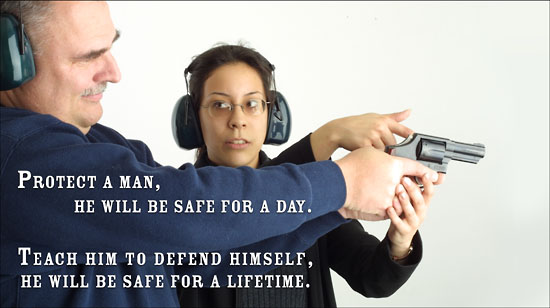18th century scholars could teach Bob Taft a few things
We often point out that the debate over reforming the concealed carry laws
in Ohio should not be this difficult, given the experience in 44 other
states. But the truth about banning legal self-defense was known far before
Bob Taft and other "enlightened legislators" took their try at "remedying
evils."
The founder of criminology, 18th-century scholar Cesare Beccaria of Milan, once wrote:
"False is the idea of utility that sacrifices a thousand real advantages for one imaginary or trifling inconvenience; that would take fire from men because it burns, and water because one may drown in it; that has no remedy for evils, except destruction. The laws that forbid the carrying of arms are laws of such a nature. They disarm only those who are neither inclined nor determined to commit crimes. Can it be supposed that those who have the courage to violate the most sacred laws of humanity, the most important of the code, will respect the less important and arbitrary ones, which can be violated with ease and impunity, and which, if strictly obeyed, would put an end to personal liberty — so dear to men, so dear to the enlightened legislator — and subject innocent persons to all the vexations that the guilty alone ought to suffer? Such laws make things worse for the assaulted and better for the assailants; they serve to rather to encourage than to prevent homicides, for an unarmed man may be attacked with greater confidence than an armed man. They ought to be designated as laws not preventative but fearful of crimes, produced by the tumultuous impression of a few isolated facts, and not by thoughtful consideration of the inconveniences and advantages of a universal decree."
Founding Father Thomas Jefferson (another 18th century scholar and politician from whom Taft could learn much) enjoyed these observations - they are quoted in his "Commonplace Book."
- 1083 reads

 align="center">
align="center">